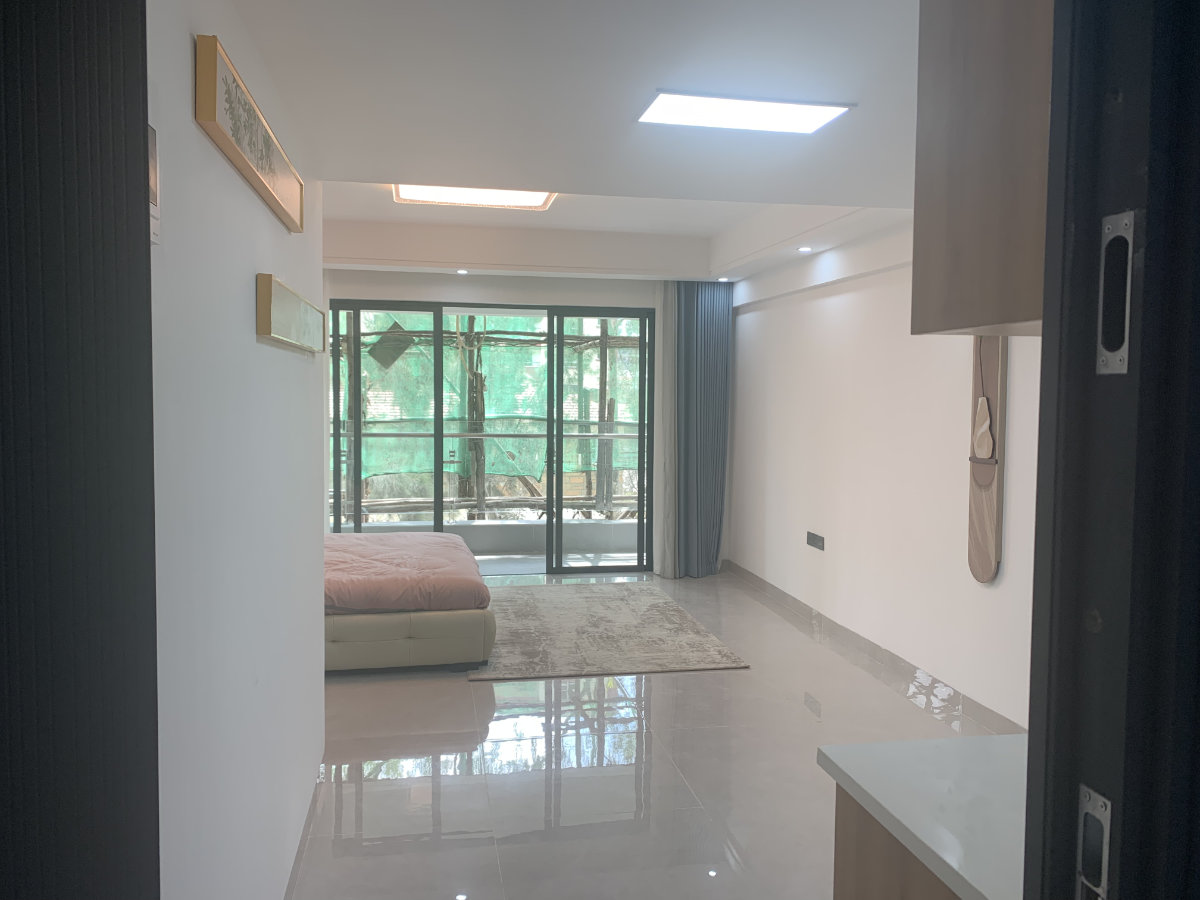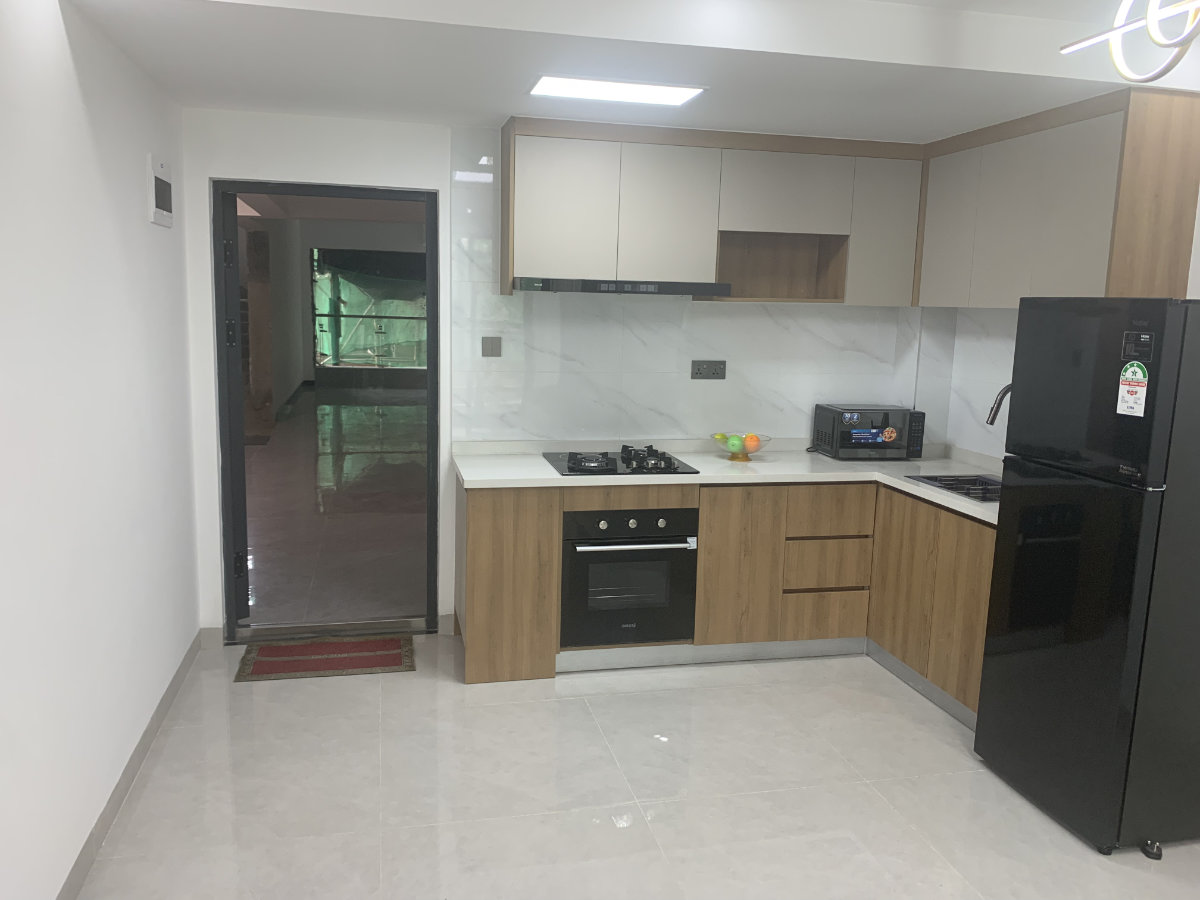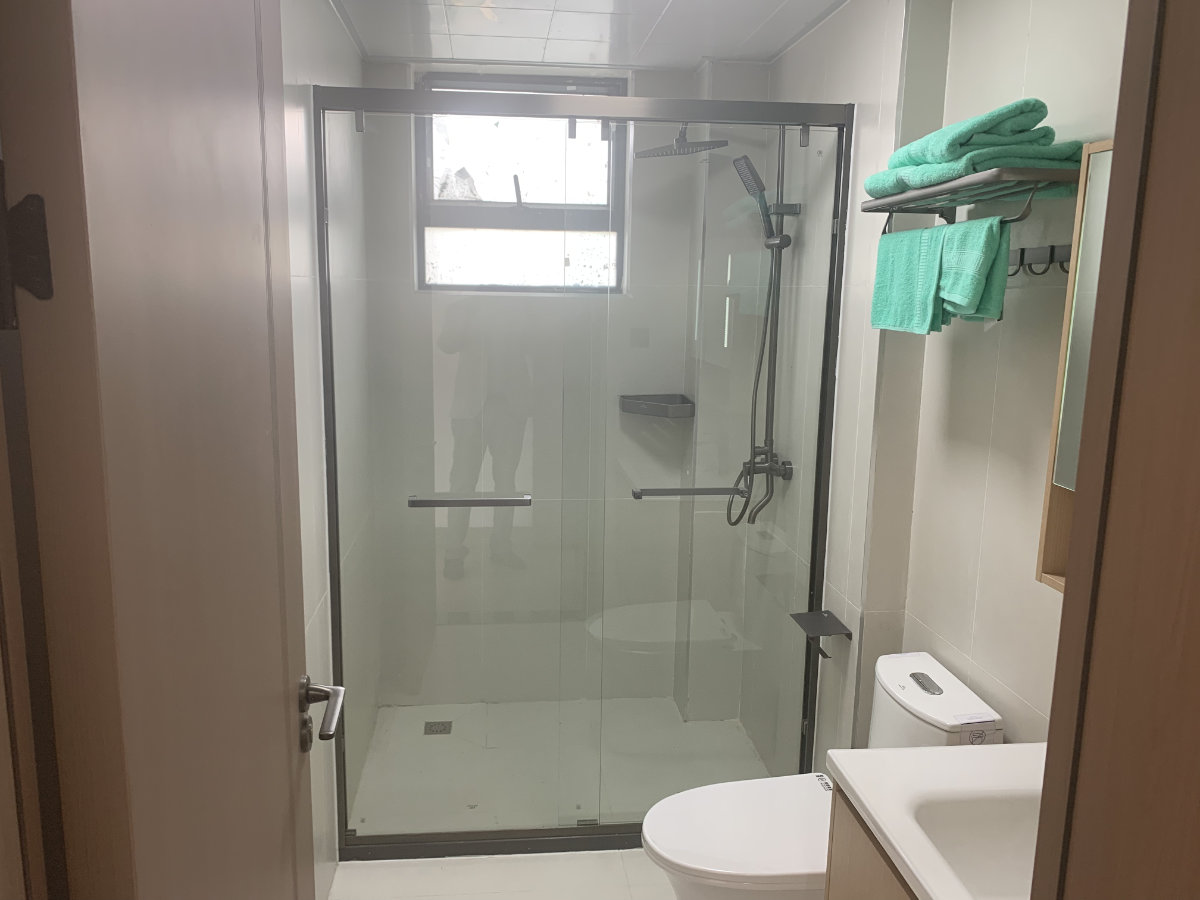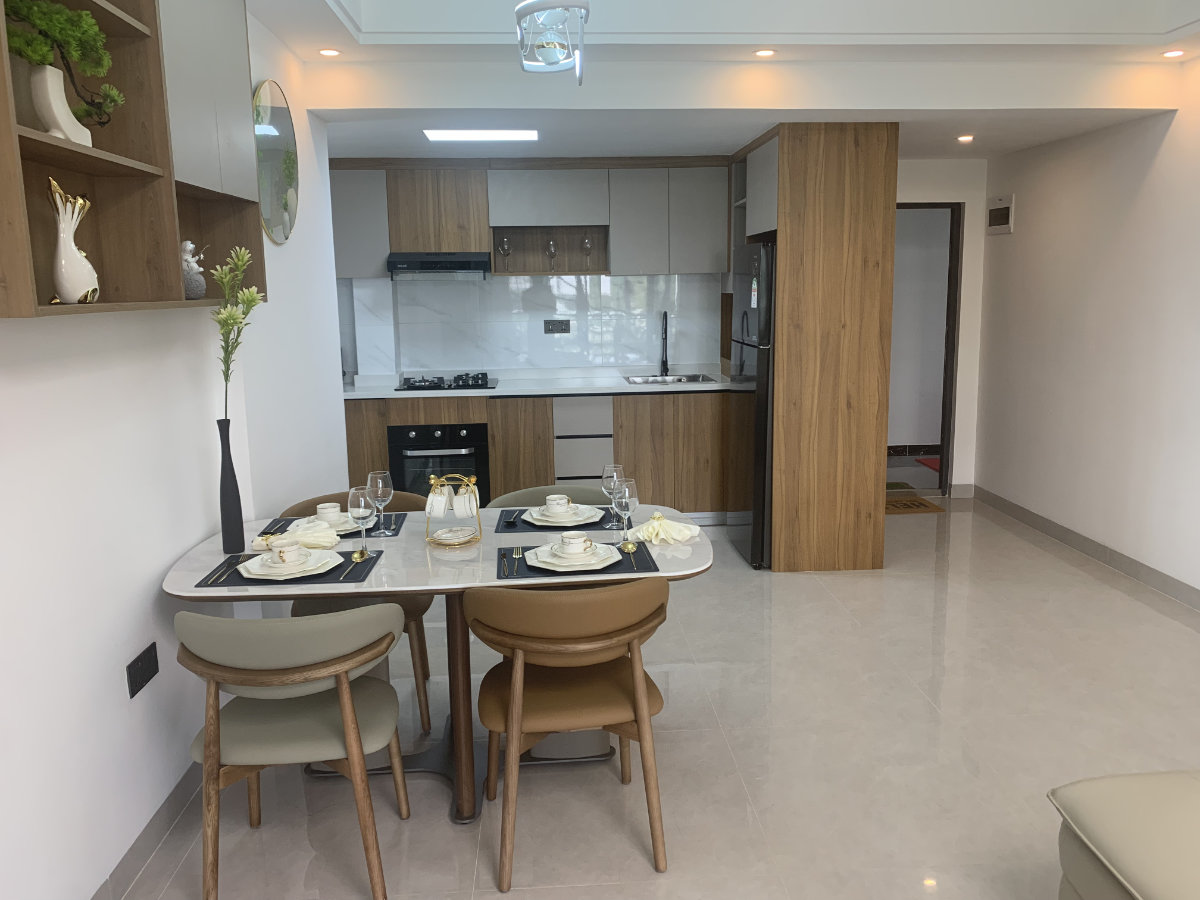We help people buy their first home every week. Many feel lost at the start as they’re unsure who to trust or what step to take next. Some worry about paperwork. Others just want to avoid making a mistake.
If that’s you, this guide will help. We’ve laid out the process in simple steps, using real examples and local knowledge. We’ll show you what to check and how to move forward with confidence.
If you’re looking for the full buying process, check out the ultimate guide to buying a house in Kenya. But if this is your first time, keep reading. You’re in the right place.
Work Out What You Can Afford
Before you start viewing homes or buying property in Kenya, let’s talk numbers. We always ask first-time buyers the same question: How much can you afford? Not just the house price, but the full cost of getting the keys and settling in.
Start with your savings. Then, consider your income and what you can afford to borrow. After that, budget for the other bits that often catch people off guard.
We see too many people get caught out because they stretched too far. It’s better to overestimate than to run out of money halfway through.
When you work with us, we go through the points below together. We help you stay realistic, so the process feels easy.
- Stamp duty
- Legal and conveyancing fees
- Valuation or mortgage application charges
- Moving costs
- Basic repairs or furniture
Save For your Deposit
In Kenya, most lenders require a 10% deposit as a minimum before approving a mortgage. Some may ask for more, especially if you have a lower income or no credit history. That means if you’re eyeing a home worth KSh 5,000,000, you’ll need at least KSh 500,000 saved upfront.
Saving that much takes time. We always tell buyers to start small but stay consistent. Set a target. Put money aside every month. If your employer offers a SACCO or savings plan, that can speed things up.
If you’re planning to invest early, we also recommend reading our article on off-plan property buying in Kenya to understand how flexible payment plans can work for first-time buyers.
Get Pre-Approved by a Lender
Before you start viewing houses, visit your bank or SACCO and ask for mortgage pre-approval. This step shows how much they’re willing to lend you based on your income.
Pre-approval doesn’t lock you in, but it gives you a clear budget and makes sellers take you more seriously. You’ll avoid wasting time on homes outside your range.
We always advise our clients to do this as soon as possible. It puts you in control and helps speed up the buying process once you find the right place.
Choose the Right Location
We help buyers focus on places that match their routine, not just their budget. Some choose Nairobi for the buzz and easy access to work. Others look at areas like Syokimau, Kitengela, or Ruaka, where homes cost less but offer more space.
We ask buyers to think about things that affect daily life:
- Distance to the office or main road
- Traffic during peak hours
- School choices within reach
- Safety and the general feel of the area
- Local markets, hospitals, and services
View Properties With Purpose
We always tell first-time buyers in Kenya to treat each house visit like a proper inspection. Don’t rush. Walk through the rooms—open doors and windows. Test the water pressure. Ask yourself how the space feels in daylight.
In places like Kasarani or Syokimau, homes can look perfect online but feel completely different in person. You might hear loud traffic outside or spot a crack running across the ceiling. Some houses near Nairobi sit close to construction sites or flood-prone roads. These things you won’t spot on a website.
Take photos. Write down what stands out, as it helps you compare options later.
If you’re still learning about property ownership, check our guide on freehold vs leasehold in Kenya to understand how land titles affect your buying decision.
Making an Offer and Negotiating
When you find a place that feels right, it’s time to put in an offer. We help you figure out what’s fair and explain how the seller might respond. You don’t have to accept the first counter. It’s okay to ask for repairs, changes to the timeline, or even a lower price.
We step in to guide the negotiation and spot any hidden terms in the paperwork. We’ve seen first-time buyers agree to things they didn’t fully understand. We make sure you know exactly what you’re signing up for and help you stay in control throughout.
Get the Right Legal Help
Find a property advocate early. They help you avoid legal surprises. They’ll check that the title is clean, confirm the seller has paid all land rates, and draw up the sale agreement. You need someone who knows Kenyan property law and can spot a dodgy deal.
Before you hire them, ask:
- Have you handled similar property sales?
- What’s your process for checking ownership?
- Can you send a breakdown of what the fee covers and what it doesn’t?
People who skipped this step have ended up with fines and cancelled contracts.
Final Checks Before You Close
Before paying the balance, read through the agreement carefully. Confirm that the date you’re moving in and any extra terms match your conversation with the seller. Don’t assume the seller handled anything unless you see it in writing.
We can help you flag red flags or recommend a trusted legal contact to double-check the documents.
Check the basics:
- The title deed shows the seller’s full legal name
- Make sure the seller has cleared all land rates and service charges
- Check that the seller has finished all agreed-upon repairs
- Check that you can switch the water and electricity accounts to your name
Move In With Confidence
You’ve done it. You’ve bought your first home in Kenya. You’ve got the keys now. You open the door and pause.
Move the KPLC and county water accounts to your name. Get a fundi to change the locks. Store the documents in a safe place or with your advocate. Then take it slow. You don’t need to fix every little thing right away. Live in the space, learn it, and tackle jobs one at a time.
If you ever need help buying your first home in Kenya, Malluug Realty Kenya is here to assist.



